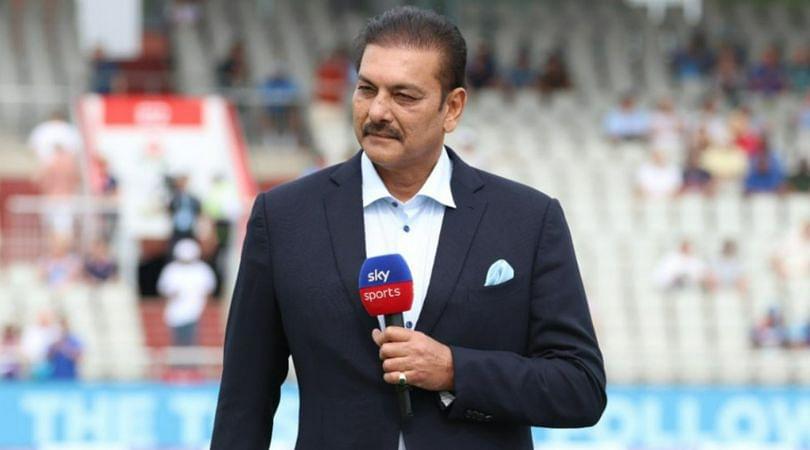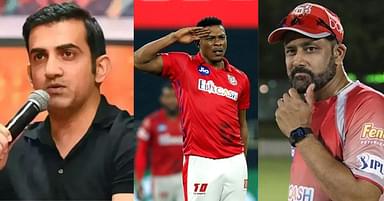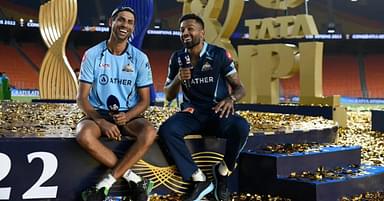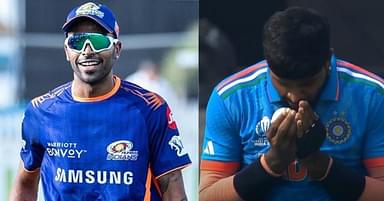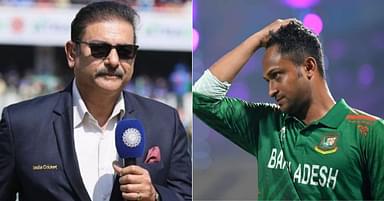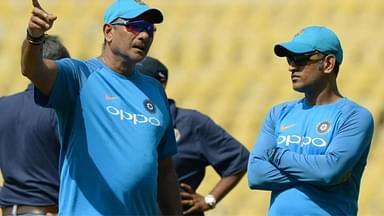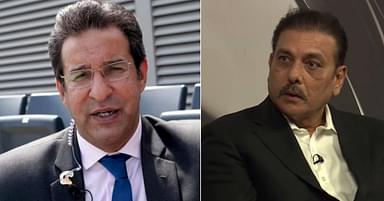Former Indian coach Ravi Shastri has said that there can be two seasons of the Indian Premier League in one year in future.
Advertisement
Indian Premier League is arguably the biggest T20 league in the world, and the best players aim to take part in the tournament. It has been seen in recent times that the national team gives rest to the players from national duties in order to play in the IPL.
BCCI’s secretary Jay Shah has said that there will be an extended window for the IPL from the next season. There has been a certain rise in the demand for decreasing the number of bilateral series. South Africa recently withdrew from the ODI series against Australia in order to concentrate on their new T20 league.
Ravi Shastri roots for two IPL seasons in one year
Former Indian coach Ravi Shastri has said that there could be two IPL seasons in one year in the future. He insists that one can be a full-fledged tournament, and the other one can be a short tournament in the latter part of the year. Shastri said that if bilateral series can be reduced, this thing can be done.
“I think you might have two (IPL) seasons. I wouldn’t be surprised at all. If bilateral cricket is reduced, you might well have a shorter format of the IPL in the latter half of the year, more like a World Cup format with a knockout that decides the winner,” Shastri said on the latest episode of Vaughany and Tuffers Cricket Club Podcast.
Nice to be back at a ground where I first captained an India Under 19 team in the summer of 1981 – @EmiratesOT @lancscricket @SkyCricket pic.twitter.com/oltfYZKe41
— Ravi Shastri (@RaviShastriOfc) July 17, 2022
Shastri suggested that the teams can be increased to 12 from 10 in the near future, and it will be good for all the parties involved. He said that IPL is an industry on its own and its growth will be good for sports overall. According to Shastri, the lack of bilateral cricket will make the people more interested in the world cup.
“The IPL will be tempted to go in that direction. It’s great for the sport, great for the players, broadcasters and people who work around the teams,” Shastri added.
“You play fewer bilaterals and then you get together for the World Cups. So the emphasis on ICC World Cup events has become paramount. Then people look forward to them.”
